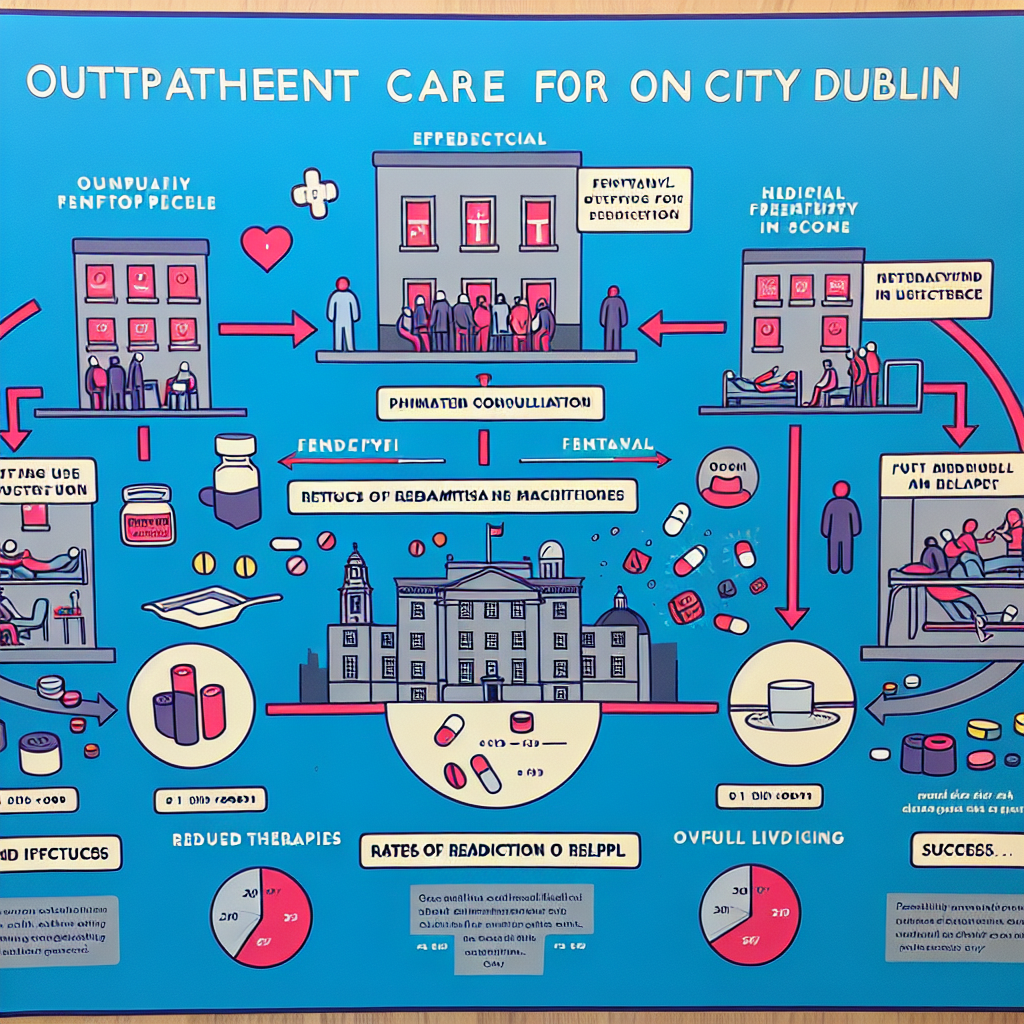-
Table of Contents

“Reclaim Your Life: Detoxify from Fentanyl, Embrace a Healthier Future”
Introduction
Detoxification from fentanyl addiction offers numerous benefits that are crucial for recovery and overall well-being. Fentanyl, a potent synthetic opioid, can lead to severe physical dependence and addiction. Detoxification is the first step in the treatment process, helping to eliminate the drug from the body and manage withdrawal symptoms. This process can significantly reduce the risk of overdose, which is particularly high with fentanyl due to its potency. Additionally, detoxification can improve physical health by allowing the body to begin healing from the damage caused by prolonged drug use. It also provides a clearer mental state, enabling individuals to engage more effectively in subsequent therapeutic interventions. Emotional stability is another benefit, as detoxification can help reduce the intense cravings and mood swings associated with fentanyl withdrawal. Overall, detoxification lays the foundation for a successful recovery journey, offering a safer and more stable path towards long-term sobriety.
Physical Health Improvements Through Detoxification for Fentanyl Addiction
Detoxification is a crucial first step in the journey to recovery from fentanyl addiction, offering numerous physical health improvements that can inspire hope and resilience in those affected. Fentanyl, a potent synthetic opioid, has a high potential for addiction and can wreak havoc on the body. However, through a structured detoxification process, individuals can begin to reclaim their physical health and set the stage for long-term recovery.
One of the most immediate benefits of detoxification is the removal of fentanyl from the body, which helps to restore the natural balance of the brain’s chemistry. Fentanyl binds to opioid receptors in the brain, leading to an overproduction of dopamine and creating a cycle of dependency. By eliminating the drug from the system, detoxification allows the brain to gradually return to its normal functioning, reducing cravings and the risk of relapse. This process can be challenging, but with medical supervision and support, individuals can safely navigate withdrawal symptoms and begin to heal.
Moreover, detoxification can significantly improve cardiovascular health. Fentanyl use can lead to a range of heart-related issues, including irregular heartbeats, high blood pressure, and even heart failure. As the body rids itself of the drug, the cardiovascular system can start to recover, leading to more stable heart rhythms and improved overall heart function. This not only enhances physical well-being but also boosts energy levels, making it easier for individuals to engage in physical activities and rebuild their strength.
In addition to cardiovascular benefits, detoxification can also enhance respiratory health. Fentanyl depresses the respiratory system, which can result in shallow breathing, respiratory infections, and even respiratory failure. By discontinuing fentanyl use, individuals can experience a marked improvement in their lung function. This can lead to deeper, more efficient breathing, reduced risk of infections, and an overall increase in oxygen levels throughout the body. Improved respiratory health can also contribute to better sleep quality, which is essential for physical and mental recovery.
Detoxification also plays a vital role in restoring gastrointestinal health. Fentanyl can cause a range of digestive issues, including constipation, nausea, and abdominal pain. As the body detoxifies, the digestive system can begin to function more normally, alleviating these uncomfortable symptoms. Improved digestion can lead to better nutrient absorption, which is crucial for rebuilding physical health and strength. A well-functioning digestive system also supports a stronger immune system, helping the body to fend off illnesses and infections more effectively.
Furthermore, detoxification can lead to healthier skin and a more robust immune system. Fentanyl use can cause skin issues such as infections, abscesses, and poor wound healing. As the body clears the drug, skin health can improve, leading to fewer infections and faster healing of any existing wounds. A stronger immune system, bolstered by better nutrition and overall health, can further protect against a range of illnesses, contributing to a more vibrant and resilient physical state.
In conclusion, the physical health improvements gained through detoxification for fentanyl addiction are profound and far-reaching. By eliminating the drug from the body, individuals can experience enhanced brain function, cardiovascular health, respiratory efficiency, digestive well-being, and skin health. These improvements not only pave the way for a healthier body but also inspire hope and determination in the journey toward long-term recovery. With the right support and commitment, detoxification can be the first step toward reclaiming a life of health, vitality, and freedom from addiction.
Mental and Emotional Benefits of Detoxification in Overcoming Fentanyl Addiction
Detoxification from fentanyl addiction is a crucial step in the journey toward recovery, offering a multitude of mental and emotional benefits that can significantly enhance an individual’s quality of life. As one embarks on this challenging yet rewarding path, the initial phase of detoxification serves as a foundation for long-term healing and personal growth. The process of detoxification not only purges the body of harmful substances but also initiates a profound transformation in mental and emotional well-being.
One of the most immediate mental benefits of detoxification is the restoration of cognitive clarity. Fentanyl, a potent synthetic opioid, severely impairs cognitive functions, leading to confusion, memory loss, and difficulty concentrating. As the body rids itself of the drug, individuals often experience a marked improvement in their ability to think clearly and make sound decisions. This newfound mental clarity is instrumental in helping individuals regain control over their lives and make informed choices about their future.
Moreover, detoxification can significantly alleviate the emotional turmoil associated with fentanyl addiction. The grip of addiction often brings about intense feelings of guilt, shame, and hopelessness. However, as individuals progress through detoxification, they begin to experience a sense of emotional relief. The process allows them to confront and process these negative emotions in a safe and supportive environment. This emotional catharsis is essential for healing, as it enables individuals to let go of the past and focus on building a healthier, more fulfilling future.
In addition to emotional relief, detoxification fosters a sense of empowerment and self-efficacy. Overcoming the physical dependence on fentanyl is no small feat, and successfully navigating this phase can instill a profound sense of accomplishment. This boost in self-esteem is crucial for maintaining motivation and commitment to the recovery process. As individuals recognize their own strength and resilience, they become more confident in their ability to overcome future challenges and setbacks.
Furthermore, detoxification provides an opportunity for individuals to reconnect with their true selves. Addiction often leads to a loss of identity, as individuals become consumed by the need to obtain and use the drug. Through detoxification, individuals can begin to rediscover their passions, interests, and values. This process of self-discovery is vital for rebuilding a sense of purpose and direction in life. By reconnecting with their authentic selves, individuals can cultivate a deeper sense of fulfillment and satisfaction.
Another significant mental and emotional benefit of detoxification is the improvement in relationships. Addiction can strain and damage relationships with family, friends, and loved ones. As individuals undergo detoxification and begin to heal, they often find that their ability to communicate and connect with others improves. This renewed capacity for healthy relationships can provide a strong support system, which is essential for sustained recovery. The love and encouragement of supportive relationships can serve as a powerful motivator, helping individuals stay committed to their recovery journey.
In conclusion, the mental and emotional benefits of detoxification in overcoming fentanyl addiction are profound and far-reaching. From cognitive clarity and emotional relief to empowerment, self-discovery, and improved relationships, detoxification lays the groundwork for a healthier, more fulfilling life. While the journey may be challenging, the rewards are immeasurable. By embracing the process of detoxification, individuals can unlock their potential for growth and transformation, paving the way for a brighter and more hopeful future.
Q&A
1. **Question:** What is one physical benefit of detoxification for fentanyl addiction?
**Answer:** Detoxification helps to remove fentanyl and its toxic byproducts from the body, reducing physical dependence and withdrawal symptoms.
2. **Question:** How does detoxification support mental health in fentanyl addiction recovery?
**Answer:** Detoxification can improve mental clarity and emotional stability, providing a stronger foundation for ongoing psychological therapy and support.
Conclusion
Detoxification for fentanyl addiction offers numerous benefits, including the safe management of withdrawal symptoms, reduction of physical dependence, and prevention of potentially life-threatening complications. It provides a structured environment that supports the initial phase of recovery, facilitating a smoother transition to long-term treatment programs. Additionally, detoxification can help restore physical health, improve mental clarity, and enhance overall well-being, laying a solid foundation for sustained recovery and reducing the risk of relapse.



